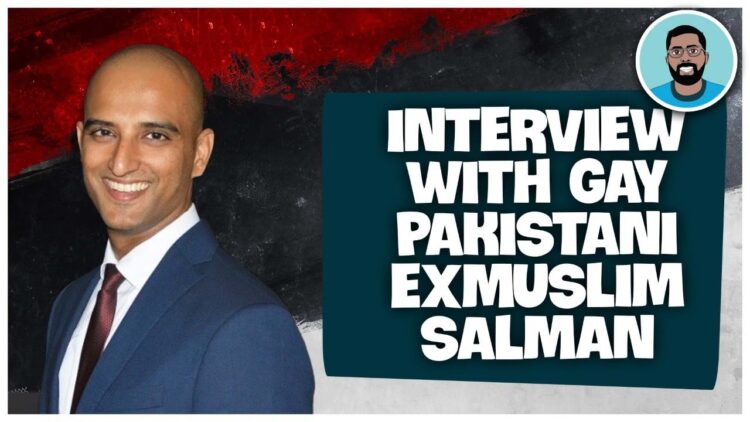Top Posts
My YouTube channel
Why I left Islam – Core Issues
These are the main issues I found with Islam. If you want to understand the real problems I found, start here.
- Prophet Muhammad Explains Stuff (with video)
- Muhammad’s Arbitrary Moral Guidelines
- Quran, Creation Myths of the World and The Big Bang. (with video)
- The Injustice of Hell
- Quran’s Geocentric Universe
- The Seven Heavens (mirrored on Medium)
- Islam, Biological Evolution, and Adam
- Dhul Qarnayn in the Quran
- Abrogations in the Quran
- Muhammad’s Just In Time Revelations
- Embryology in the Quran (and Sunnah)
- Linguistic Miracle of the Quran (Video)
- Jesus in Islam, The Copy-Pasted Prophet
- Six proofs that Muhammad copied Jesus from Christianity
- Muhammad’s false Prophecies
Reflections
Dialogues and discussions I had after leaving Islam. Some thoughts
- Debunking “The One True Islam” Fallacy
- Is Reforming Islam Possible?
- Why did the Prophet Muhammad’s companions believe in him? (external link)
- The Quran’s Six Red Flags
- God has a strange sense of planning.
- Peekaboo God or “The problem of divine hiddenness”
- Atheism and Morality
- How do you explain jinn possessions, strange occurrences, and exorcisms?
- Why I believe in Islam – A dialogue
- The Eternal Damnation of Hell
- Why don’t you believe?
- Islam tries to explain stuff
- My family’s response to me leaving Islam
- The Watchmaker Argument For God (mirror)
- The Fastest Growing Religion™
- Mathematical miracle in the Quran
- Is it okay to criticize Islam
- The well of Zam-zam
- Did Muhammad Split the Moon and Lack of Evidence (mirror)
- Are you angry at God?
- “Change your name you aren’t Muslim anymore”
- Does the Quran contain hate speech?
- Why Do People Convert To Islam?
- Muhammad the narcissistic prophet
Rulings/Fiqh
These are not why I left Islam. They are reflections after leaving Islam. Keep in mind that even if I was completely wrong about every single one of these, it would not make me come back to Islam. As a Secular Humanist, I find these to be troubling issues we find and they seem to show that Allah is not the intelligent supreme being that sent us a beautiful wise religion but rather a 7th century invention with barbaric rules and orders that matched that early era but do not belong in today’s world.
- Divorce In Islam (mirror)
- Sex while Menstruating
- Apostasy in Islam and Uthman’s foster brother Abdullah ibn Abi Sarh
- Death Penalty for Adultery
- Women, the Inferior Species in Islam
- Anti-Semitism in the Quran and Sunnah
- Does Islam Allow Sex with Female Captives of War? (Sex slavery in Islam)
- The Quran allows sex with prepubescent girls
- The Antagonism of Salafism and Wahhabism
- Homosexuality
- Why Islamic financing is a scam (Why banning interest is bad for Muslims)
History
Sometimes history is not what it seems
- Arab women before and after Islam: Opening the door of pre-Islamic Arabian history
- Was Muhammad from Petra or Makkah?
- Creation Myths of the World
- Hadith
- Academic Criticisms of Islamic History
- Death of Prophet Muhammad
- The Quran’s Mistaken Claim Against the Jews (mirror)
- Adoption and Zainab
- Arabian Paganism (External link, describes where the god Allah came from)
- Muhammad’s Jihad to Smash Idols and Freedom of Belief
Medium
You can also see my published posts on Medium
Also see Why are Muslims running away?




